


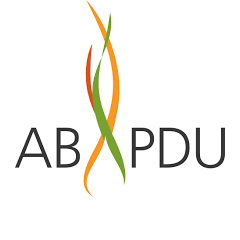
Advanced Biofuels and Bioproducts Process Development Unit (ABPDU) at Lawrence Berkeley National Laboratory
Emeryville, California
Company size: 20
Est. number of positions: 1
Opportunity for remote/virtual internship in 2023: No, in-person only
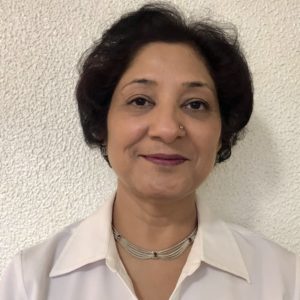
Dr. Gul Sadiq Afshan is a talented biochemist and molecular biologist with 30 years’ teaching, research, and program development experience. She acquired her Ph. D at the University of WI, Milwaukee (UWM) and her post-doctorate at the School of Medicine and Public Health -University of WI, Madison. She envisioned, founded (2009) and governed (2009-2017) the stand-alone, and innovative undergraduate BioMolecular Engineering degree program, as a founding director, that attracts 50% female student population sustainably at the Milwaukee School of Engineering (MSOE). She is a passionate and effective teacher with extensive industry and community outreach experience. She is a recipient of over $6 million in grants from private and governmental bodies like NSF and NIH and is also a recipient of ASEE North Midwest Outstanding Educator Award, Outstanding Mentor Award, and Falk Excellent Engineering Educator Award. She also serves as an affiliate professor for the USA national PLTW program and has been a leader for bringing many university-level curricula, assessment, vision change, and mindset projects to fruition. She currently is a full professor at MSOE teaching BioMolecular Engineering.
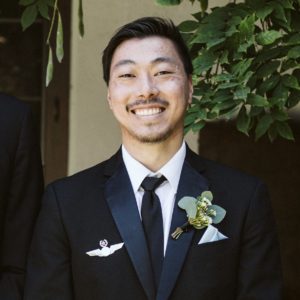
Arren Liu is currently a 4th year Ph.D. student in Arizona State University’s Biological Design Doctoral Program, in the School of Engineering of Matter, Transport, and Energy. He received his Bachelor of Sciences degree from Purdue University in Genetics with a minor in Biotechnology. Arren is co-advised by Dr. Arul Varman and Dr. David Nielsen, where he conducts systems and synthetic biology research. Arren’s research specifically focuses on the metabolic engineering of Escherichia coli and Corynebacterium glutamicum for the enhanced biosynthesis of natural products, such as polyphenols, from agricultural waste.
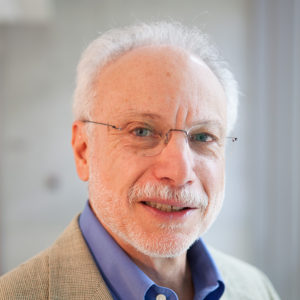
Robert Friedman is Vice President for Policy and University Relations at the J. Craig Venter Institute (JCVI). Friedman directs JCVI’s Policy Center, which examines the societal and policy implications of genomics, synthetic biology, and other areas of modern biology and biomedicine. Friedman is also a Professor of Practice at the UC San Diego School of Global Policy and Strategy (GPS) and is a member of the Ad Hoc Technical Expert Group on Synthetic Biology of the international Convention on Biological Diversity.
Earlier, Friedman was a Senior Associate at the Office of Technology Assessment, U.S. Congress (OTA). For 16 years, he advised Congressional committees on issues involving science and technology policy. Friedman received his Ph.D. from the University of Wisconsin, Madison, in Ecological Systems Analysis, concentrating in ecology, environmental engineering, and systems analysis. He is a Fellow of the American Association for the Advancement of Science.
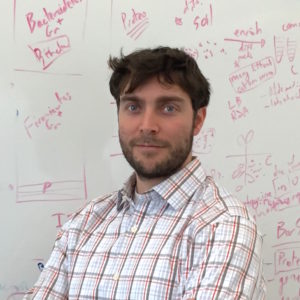
Philip Romero is an Assistant Professor in Biochemistry and Chemical & Biological Engineering at UW-Madison. He received his PhD in Biochemistry from Caltech and conducted postdoctoral research at UCSF. The Romero laboratory applies tools from statistics and machine learning to design proteins for broad applications in medicine, chemical production, and bioenergy. Dr. Romero has received the Damon Runyon-Rachleff Innovation Award (2016), the NIH Outstanding Investigator Award (2016), the Shaw Scientist Award (2018), and the WARF Innovation Award (2019).